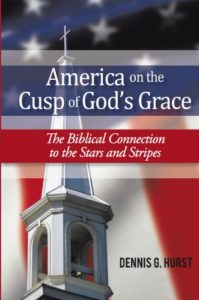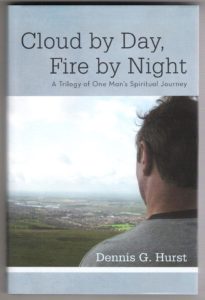To those of us growing up as teenagers in the England of the late 1950s-early ’60s it comes as somewhat of a surprise to realize that we are now 50 years on from those halcyon days of Cliff Richard and the Shadows, Jerry & The Pacemakers, the Swinging Blue Jeans, the Dave Clark Five, Mick Jagger and the Rolling Stones, Maggie-May Rod Stewart, Marianne Faithfull, Dusty Springfield, Cilla Black, Billy J Kramer, and of course the Beatles; the list is as endless as the east is from the west, for who could leave off such as Elton John, or Englebert Humperdink, Tom Jones, Matt Munro etal?
So now that I’ve got you all wrapped up in the warm and fuzzy embrace of England’s innocence years, let me impart a sense of that innocence lost in remembrance of two early-60s events which to a great degree set the tone and future destiny not only of England itself, but of the entire world.
In 1960 a seminal beginning of a brand-new decade, a handsome young man with a beautiful wife and two charming children (evenly-balanced as boy and girl, which seemed to be the formule du jour for balanced families in those days) was elected the first Catholic president of the United States. Young, handsome, articulate, grounded and ambitious, the very short 1000 days of his presidency came to be known as the Camelot Days.
His first test came with the Cuban Missile crisis of 1962, whereby he ultimately stared-down the leader of the USSR Nikita Khrushchev, whose attempt to install nuclear missiles directed at the United States from a Cuban base barely 90 miles from the USA mainland, almost caused the start of WWIII. During the extended weekend of the standoff, yours truly was ensconced in the Lake District of England at a treasured Christian Youth Conference in a historic mansion on the shores of Lake Windermere, along with another 60 or so attendees from all across Lancashire/Yorkshire. Our “sport” for the weekend was attempting to stay up as long as we could following the day’s events, to stare up into the star-spangled blackness of night to witness the missiles from the USSR speeding their way towards America – or vice-versa. Needless to say, we fell asleep disappointed.
Having challenged the American people to “land a man on the Moon, and return him safely to earth” by the end of the decade, the determined, ebullient young leader was the embodiment of everything chivalrous in the eyes, minds, and hearts of we impressionable young Englishmen. Newly-developed and selling like hot-cakes transistor radios, allowed we young engineers/soccer players to tune-in each day and listen and wonder at the nonchalant conversations between space astronauts and home-base Houston exchanging pleasantries and instructions as if they were bus or train or taxi drivers being redirected to where the next passengers were awaiting their pick-ups; hardly descriptive of the reality of the life-and-death importance of their space-based communications. It was a treasured time indeed.
As he grew into his leadership persona, the young president became more emboldened as he proceeded to lead America into the new realities of a post WWII world. Although the Allies had been victorious in ridding the world of a few evil dictators, the young leader and those he assembled around him, were fully cognizant that “evil lurks in the hearts of men” constantly, and that “life, liberty, and the pursuit of happiness” comes only at the price of constant vigilance.
Two days following my 20th birthday in 1963, I arrived home after a grueling Friday at the hands of my professors at Leigh College of Engineering, to walk in on my snoozing father in his favorite chair, his feet being warmed by the heat from the fire grate (which incidentally, had also melted the soles of his slippers so that they were stuck to the tiles). The TV screen over in the corner of the living-room was, save for a funereal symbol or other center-screen, totally black, with appropriate somber music playing in the background. Nudging him awake upon my arrival, all I heard from his sleepy voice was Kennedy’s been shot in Dallas.
It was 7:40 pm in the evening, 1:40 pm Dallas time.
Such was the shock and awe of that event, that 5000 miles away in a sleepy Lancashire town, a family and its neighbors began to grieve with the millions of Americans who had lost one of their own in the blink of an eye, and in full view of an enthusiastic crowd welcoming their president to their home city. It was indeed, a seminal moment, and the BBC together with the fledgling ITV network, canceled their regular weekend programming to focus entirely on the events in Dallas, the trek back to Washington DC., and the subsequent planning and televising of the national funeral.
In the ensuing fifty years, the world and its various national and international cultures has changed dramatically, and some would say, and not for the better. Conspiracy theorists abound as to the true intent of the Dallas event. The United Nations and the NWO, eager to get their hands on the enormity of the American economy, has always been front and center (especially with the intent of the president to abolish the anti-Constitutional Federal Reserve System upon his return to Washington) some linking the assassination of Abraham Lincoln 100 years earlier to the same cause. Others bring in Castro and the Cubans, the Bay of Pigs fiasco being the underlying cause there. Yet others say the USSR is also complicit, because of the humiliation over Khrushchev’s failure during the aforementioned Cuban missile crisis.
Whatever the cause, 1963 was a watershed year in more ways than one. Prayer was removed from American schools, and ultimately from the public square. Baby murder in the womb was instigated by “law” 10 years later in the Supreme Court decision on Roe v Wade. By the early 1980s the militant homosexual movement was changing the definition of marriage. And by 2013 the liberal progressive Marxist Democrats had totally transformed the America of JFK and his promise of greatness, into a stumbling, bumbling, inept parody of incompetent socialist servitude. Along the way, we witnessed the assassinations of Robert F Kennedy, Martin Luther King Jr., and the attempted assassinations of Pope John Paul II and president Ronald Wilson Reagan.
One never knows what might have been of course, since the old dictum if and’s and buts were candy nuts we’d all be millionaires generally holds sway in any and all such happenstances. Leaders get pulled down in their prime; the electorate get complacent and sloppy in their political vigilance; some unforeseen global event causes catastrophe beyond measure. But it is also true that a nation’s promise is always evident in the conduct and character of the man who would be president, the nation’s prosperity and providence rising and falling exactly in sync with the leader’s nature. John Adams expressed it for us all when he said:
Liberty cannot be preserved without a general knowledge among the people, who have a right, an indisputable, indefeasible, divine right to that most dreaded and envied kind of knowledge, I mean the characters and conduct of their rulers.
The Camelot Days chapter with its promise of the future for the United States, ended abruptly on a bright sunny November afternoon in Dealey Plaza, Dallas, when people witnessed first-hand, the senselessness of removing the authority of We the People with brute force. A wife lost her husband; two children lost their father; a nation lost their leader; and the world lost a son of freedom.

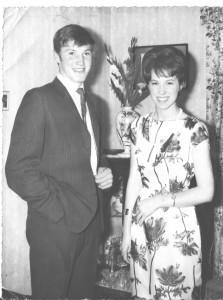
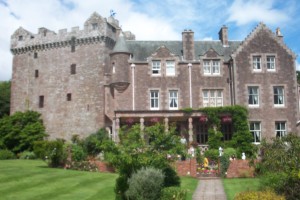
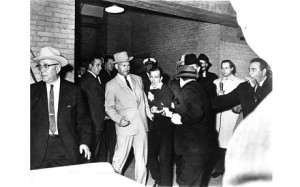
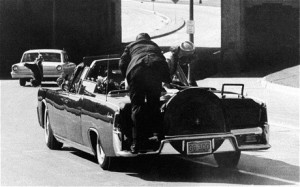
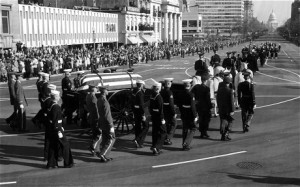
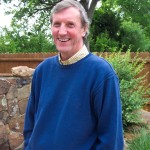 Link To DennisGHurst.com
Link To DennisGHurst.com